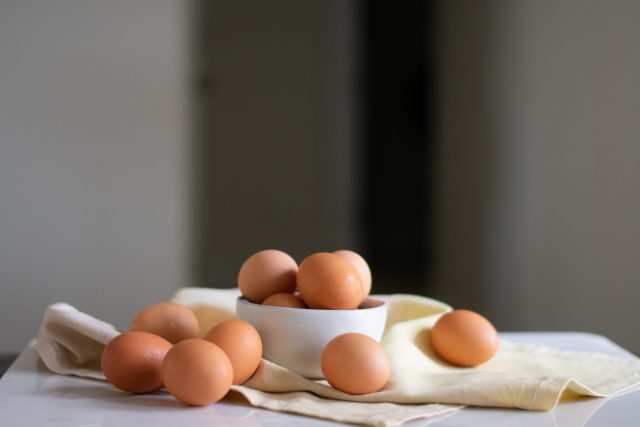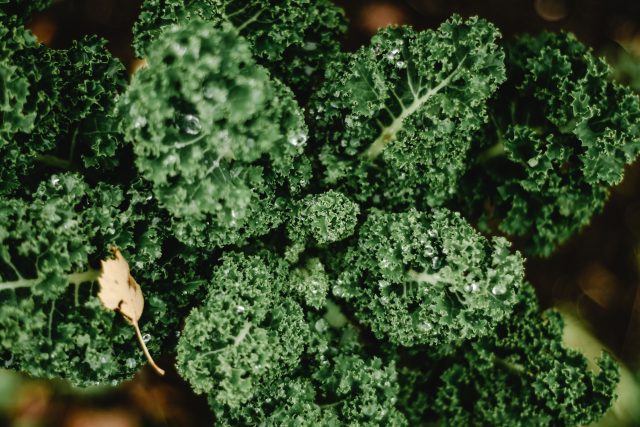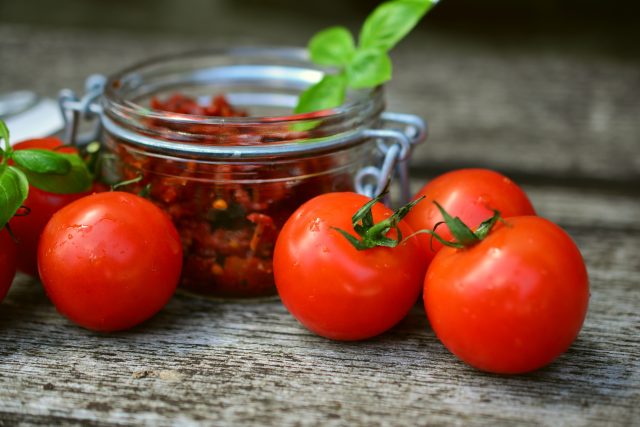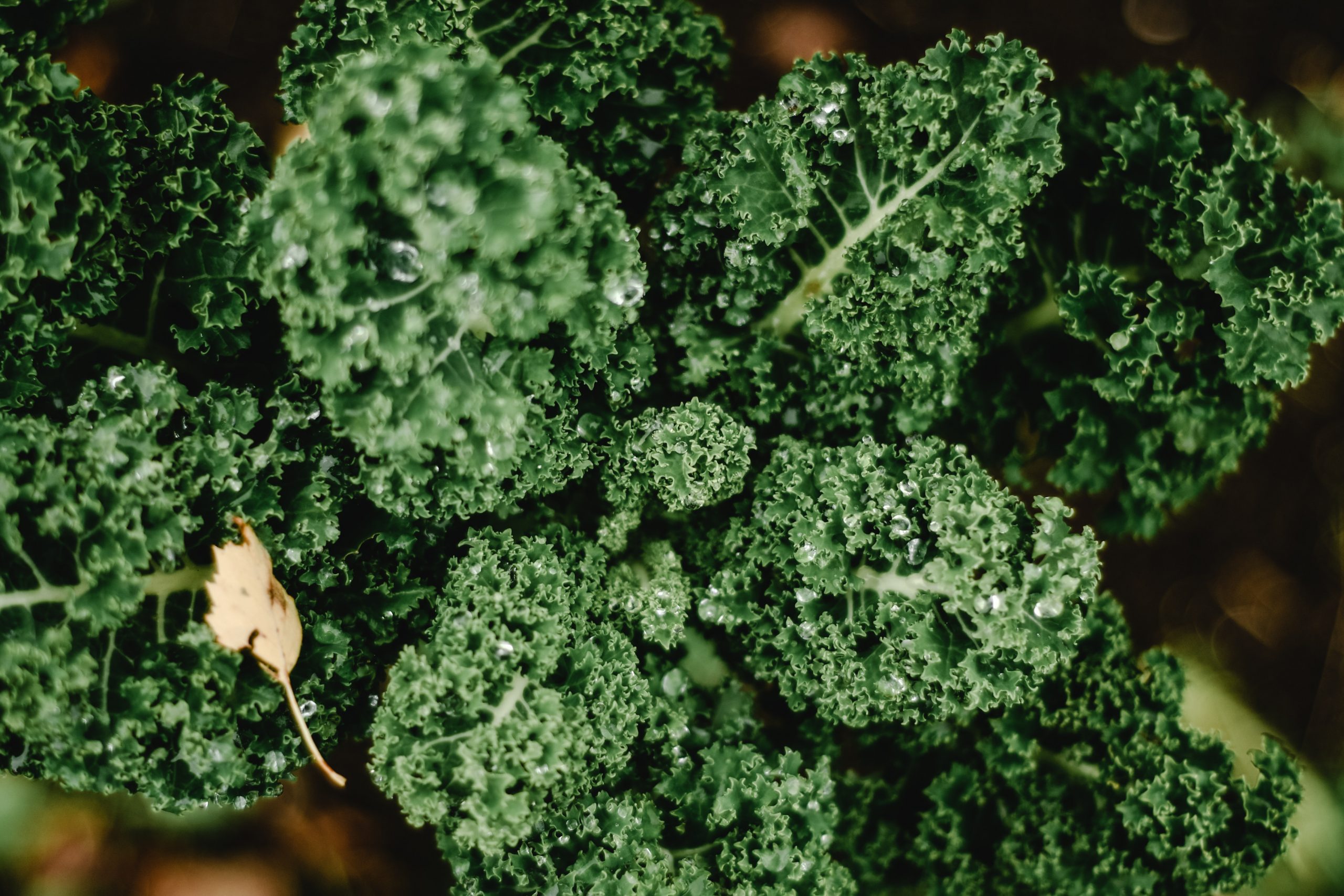What do you eat to relax? Have you noticed that you start to “eat stress” in case of anxiety and panic? This is because, among other things, the products contain certain vitamins, minerals and other substances that give the body what it needs at this difficult moment.
But this isn’t always a really helpful thing: it turns out, for example, that there are stimulants like coffee or sweets that often give the body an immediate, but very short-term boost in the form of endorphins. The Fashion Vibes has put together a list of products that will really help restore the nervous system and reduce anxiety.
Turkey

And other lean meats – for example, chicken, lean beef. They contain many substances that contribute to the production of the neurotransmitter serotonin (the “happiness hormone”) and melatonin, which are responsible for quality sleep. Just 100 g of light turkey meat contains more than the daily requirement of tryptophan, an amino acid that is a precursor to serotonin and can also be synthesized as melatonin.
oily fish

It’s not just salmon and other salmon, it’s mackerel, herring, flounder, sardines, and even anchovies and eels.
First of all, they are rich in polyunsaturated fatty acids. The most valuable of all and the least consumed by us is omega-3 (and it contains DHA – docosahexaenoic acid). Types of fish and seafood rich in these substances help the normal functioning of nerve cells, make brain vessels stronger and more flexible. And enough omega-3s in the body reduce the level of stress hormones – cortisol and adrenaline, and even reduce the symptoms of depression, according to numerous studies.
In addition, fish and seafood contain B vitamins, which are necessary for the formation of the happiness hormone serotonin. Iodine, phosphorus, vitamins A and E, which positively affect the strengthening of the nervous system.
Sea kale or seaweed

Seaweed, a leader in iodine content, is also rich in B vitamins and pantothenic acid. Iodine has a very beneficial effect on the thyroid gland, which is “responsible” for our hormones and mood and is responsible for the body’s response to stress. Even kelp has good soothing magnesium and bromine. It increases productivity and helps relieve long-term stress (and we seem to have it). 30-40 g of fresh seaweed or 4-5 g of dried seaweed is sufficient to meet the daily dose of iodine.
Potatoes

Often scolded by many, this vegetable is rich in vitamin C and is no less important for the nervous system than immunity. For greater benefit, boil or bake in the skin first – most of the nutrients in potatoes are found close to the skin. Second, eat it cold: this way it will have a lower average, rather high glycemic index, and the starch it contains will be a good food for the bacteria in the gut.
sauerkraut

And if we remember the intestines – or rather, the microbiome that lives in it – which really needs support during stress, then any fermented food, including sauerkraut, which has long been known to everyone, will perfectly help him. It is a natural probiotic, a source of fiber – that is, food for microbiome bacteria, and also a storehouse of vitamins and minerals, including vitamin B6 and vitamin C, which are important for the nervous system.
It would seem that a good anti-stress dinner menu is being prepared: boiled potatoes with herring or salmon, and snacks – sea kale and sauerkraut.
Milk and milk products

Dairy products also contain probiotics, such as sauerkraut. All dairy products, including fermented dairy products, contain the same tryptophan, calcium and magnesium needed for serotonin production.
Important tip: choose low-fat dairy products. Very fatty ones slow down the brain, completely lean ones do not allow the absorption of beneficial substances.
Eggs

They contain a lot of tryptophan, which produces serotonin and melatonin. They also contain choline, a vitamin-like substance formerly known as vitamin B4. Choline is indispensable for the functioning of the nervous system, helps to concentrate, and in sufficient quantities in the body reduces anxiety, irritability, apathy and distraction.
Cereals and whole grains

Whole grain breads, durum wheat pasta, cereals and especially whole grain cereals are “long” carbohydrates that provide a lot of energy and last a long time. They are also very calming due to their nutritional value and the presence of B vitamins. Buckwheat and brown rice are considered particularly beneficial for anxiety and stress.
Greens and green vegetables

Any leafy greens, white cabbage and broccoli, celery stalks, green beans – yes, in general, all green vegetables are especially beneficial for the brain and nervous system: they are rich in antioxidants and B vitamins, thereby fighting stress and improving mood.
tomatoes

This vegetable is considered a natural antidepressant: it contains substances that affect the emotional state of a person. The first is tyramine, which is converted to serotonin. Secondly, phenylalanine – which helps endorphins stay in the body longer – prevents them from being destroyed. Plus everything has loads of vitamins and minerals—and that’s one reason to add at least one tomato to your breakfast, lunch, or dinner.
Source: People Talk
I’m Roger Gritton, and I’ve been writing for the The Fashion Vibes for over 5 years now. My specialty is beauty news; I’m passionate about covering the latest trends, products, and innovations in the industry. In my time there, I’ve become known as an authority on all things beauty-related.
I love discovering new experts to interview, researching up-and-coming ingredients and techniques that are making their way onto our beauty shelves and highlighting people who are making a difference in the world of cosmetics. My work has appeared not only on The Fashion Vibes, but also several other publications including the New York Times Magazine, Allure Magazine and Refinery29.





